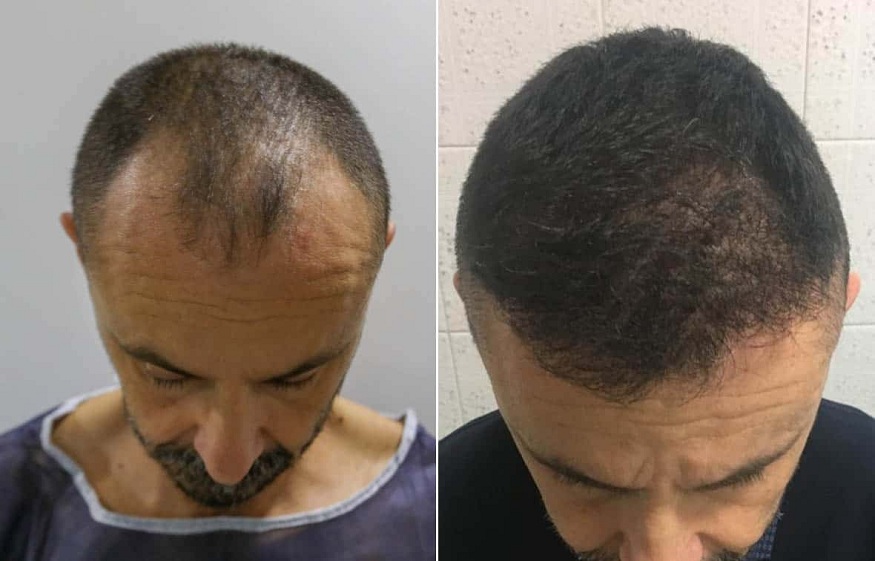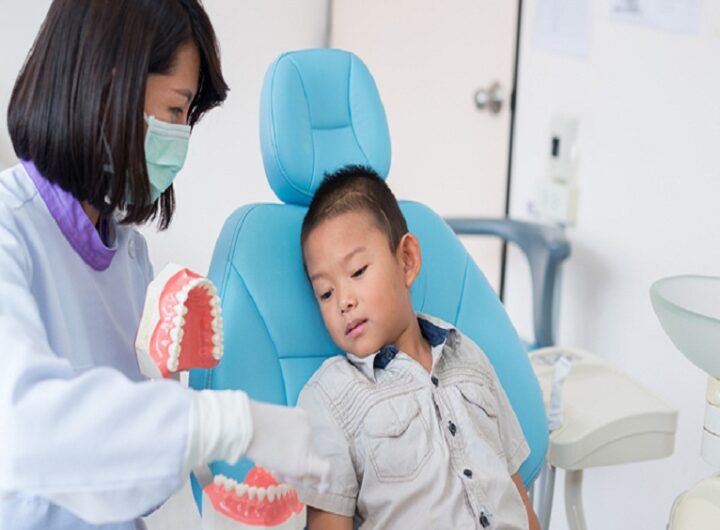
As with any surgery, patients who have had a hair transplant become increasingly fearful as they approach their scheduled appointment. The fact is that doubt breeds apprehension. Patients often wonder if they made the right decision about surgery and if they will regret it. So, while this is a normal reaction, there are steps horse transplant patients can consider to ease their anxieties.
Below are five factors that, if taken into account, can turn doubt into certainty.
1*Choose the right surgeon
It is a fact that the results of any medical procedure depend entirely on two things: the skill of the surgeon and the quality of care at the clinic of his choice. Hair transplants are no exception. That said, this is probably the most crucial factor that hair transplant patients should consider. of course, it is not up to patients to evaluate clinics according to medical guidelines. Instead there are non-profit organizations that operate for this purpose, such as the Joint Commission International (JCI) or the International Society of Hair Restoration Surgery ( ISHRS )
To check the accreditation, patients should go to the mentioned websites and search for the hospital of their choice. The common misunderstanding among patients opting for a hair transplant in Turkey is that they are looking for the name of the clinic. Clinic names are not registered under JCI or ISHRS as they are medical tourism offices. Patients should research the hospitals that these clinics collaborate with. This information is mentioned on the website of the clinic of choice under “about us”.
Patients should also consider before and after images. After all, what better proof can there be of a surgeon’s expertise than the actual results of his surgeries. The mentioned points will give the patients an idea of the level of quality and skill of the surgeons at the clinic of their choice. Patients should check Google star ratings and reviews. First-hand patient experience is tangible proof.
2 *cause of hair loss
For this reason, we advise patients to consult their local dermatologist and request a hair diagnostic test. This helps patients set realistic expectations. For example, hair loss caused by an autoimmune disease, a disease in which the body fights off hair follicle units, cannot be treated with a hair transplant . Even if the patients undergo the procedure, it is guaranteed that the transplanted hair will fall out. In order to avoid disappointment, patients should find out the hidden cause and determine whether hair transplant can cure their case or not.
3* the donor region
Although the objective of a hair transplant is to restore a full head of hair, this is simply not obvious for all cases. The more hair count the patient has, the better the end results will be. We recommend that patients discuss this with their doctor for a reality check. And remember, just because some patients have achieved thick hair doesn’t mean everyone will. It entirely depends on how abundant the follicular units of the donor are.
4* tracking
The results depend equally on the skill of the surgeon and the follow-up. Therefore, when choosing a clinic, the patient should inquire about the aftercare services of the clinic. As a general rule, the clinic should provide post-cure kits containing essential products for scalp care after surgery. Hair transplant physicians will instruct patients on how to take and apply said products. These instructions will provide patients with the information needed to manage complications and avoid infections after surgery.
5* hair transplant results
The results of a hair transplant are not immediate – the only instant change that patients will notice first is the outline of the hair. It takes a full year for the effects of a transplant to fully appear. Growth will begin gradually after 4 months and will continue to increase for up to a year. After a year, significant changes in hair growth will cease.
Ultimately
A hair transplant can change your life giving you positive results. However, to be among those who have regained confidence with this procedure, it is essential to set realistic expectations, choose the right care center and conduct sufficient research on the subject. To learn more about hair transplantation: read our complete guide to hair transplantation or contact us for a free consultation.

 5 Crucial Steps for a Successful Hair Transplant.?
5 Crucial Steps for a Successful Hair Transplant.?  The Significance of Personalized Dental Appliances in Modesto
The Significance of Personalized Dental Appliances in Modesto  Dental Fillings and Tooth Decay Prevention
Dental Fillings and Tooth Decay Prevention  Shots for Safety: How Vaccines Keep Your Pet Healthy
Shots for Safety: How Vaccines Keep Your Pet Healthy  The Importance of Dental Education: Empowering a Healthier Smile
The Importance of Dental Education: Empowering a Healthier Smile